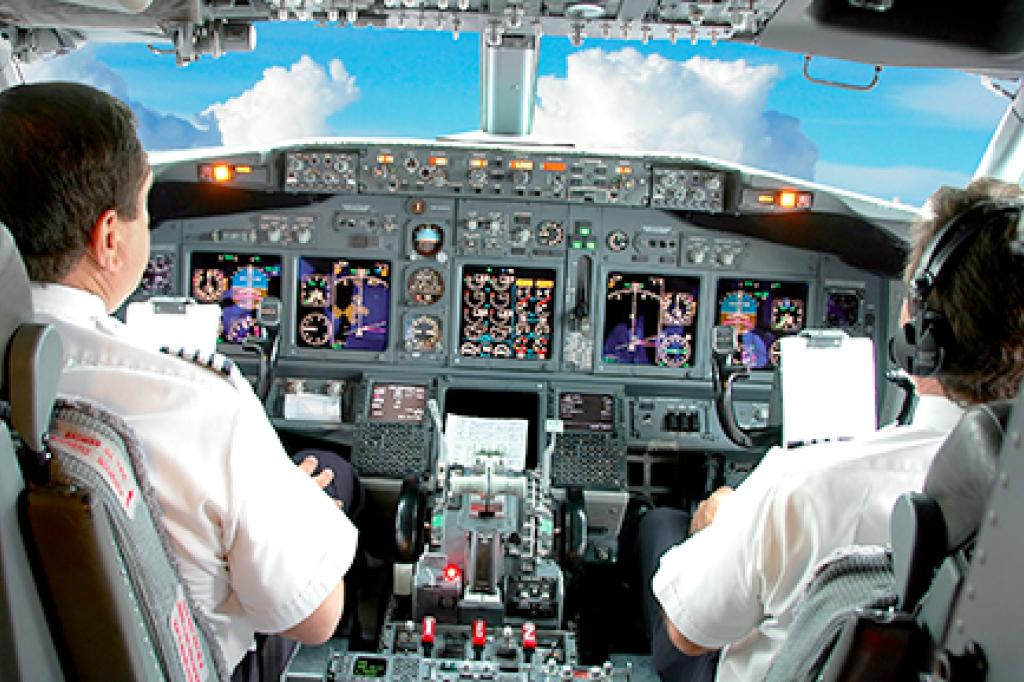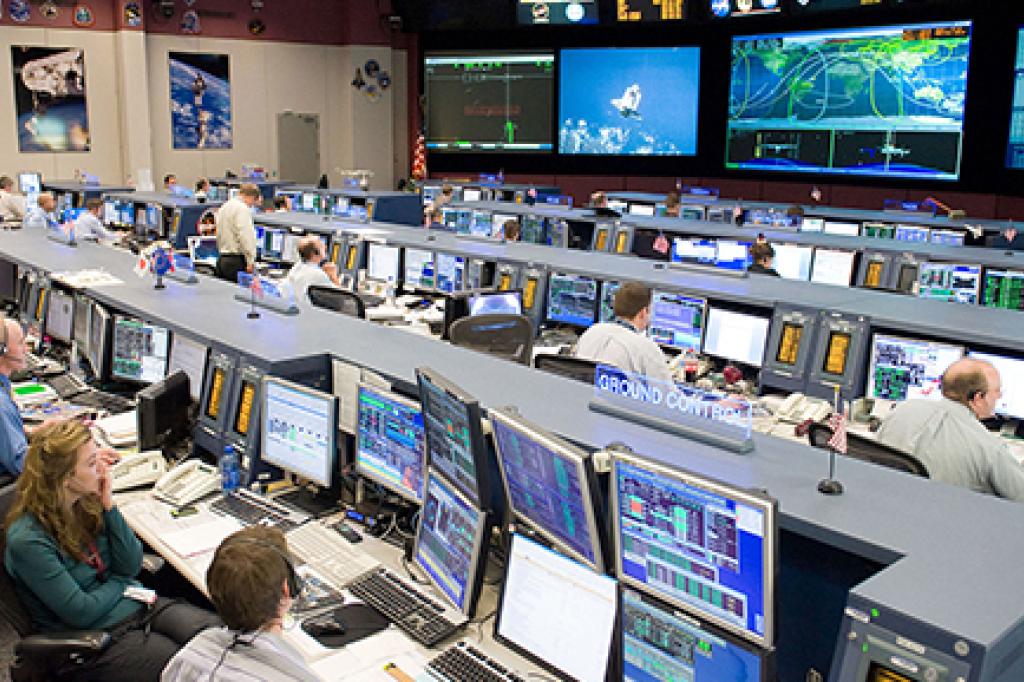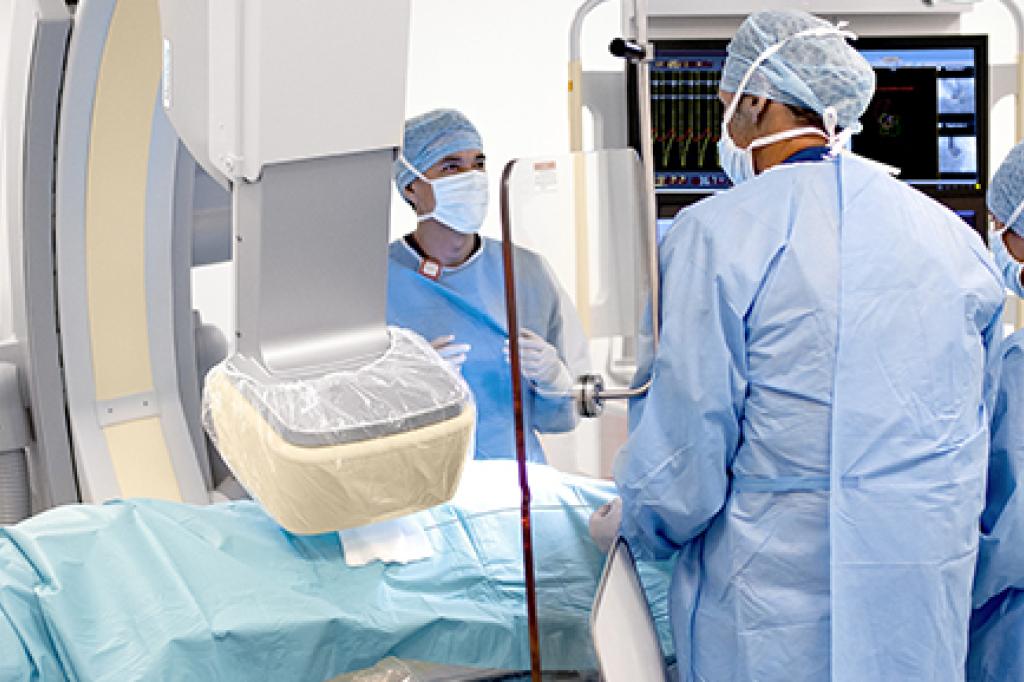HoliDes addresses development and qualification of Adaptive Cooperative Human-Machine Systems (AdCoS) where many humans and many machines act together, cooperatively, in a highly adaptive way to guarantee fluent and cooperative task achievement.
The safe landing of an airplane is one example of a task that is collaboratively shared between several humans and machines: pilots and air traffic controllers work together, while being supported by semi-autonomous systems like auto-pilots and flight management systems.
While existing systems adapt within the interaction between one human and one machine, HoliDes extends this scope and considers cooperation between many machines and many operators. The project investigates new ways to pro-actively communicate system adaptations to human operators, according to the operators’ situation and capacities.
Our goal is to develop processes, techniques and software tools that enable development and qualification of AdCoS in four domains: Health, Aeronautics, Control Rooms and Automotive. Several psychological, computer science and engineering questions are to be solved within this project that involves partners from industry and research institutions from seven European countries.




